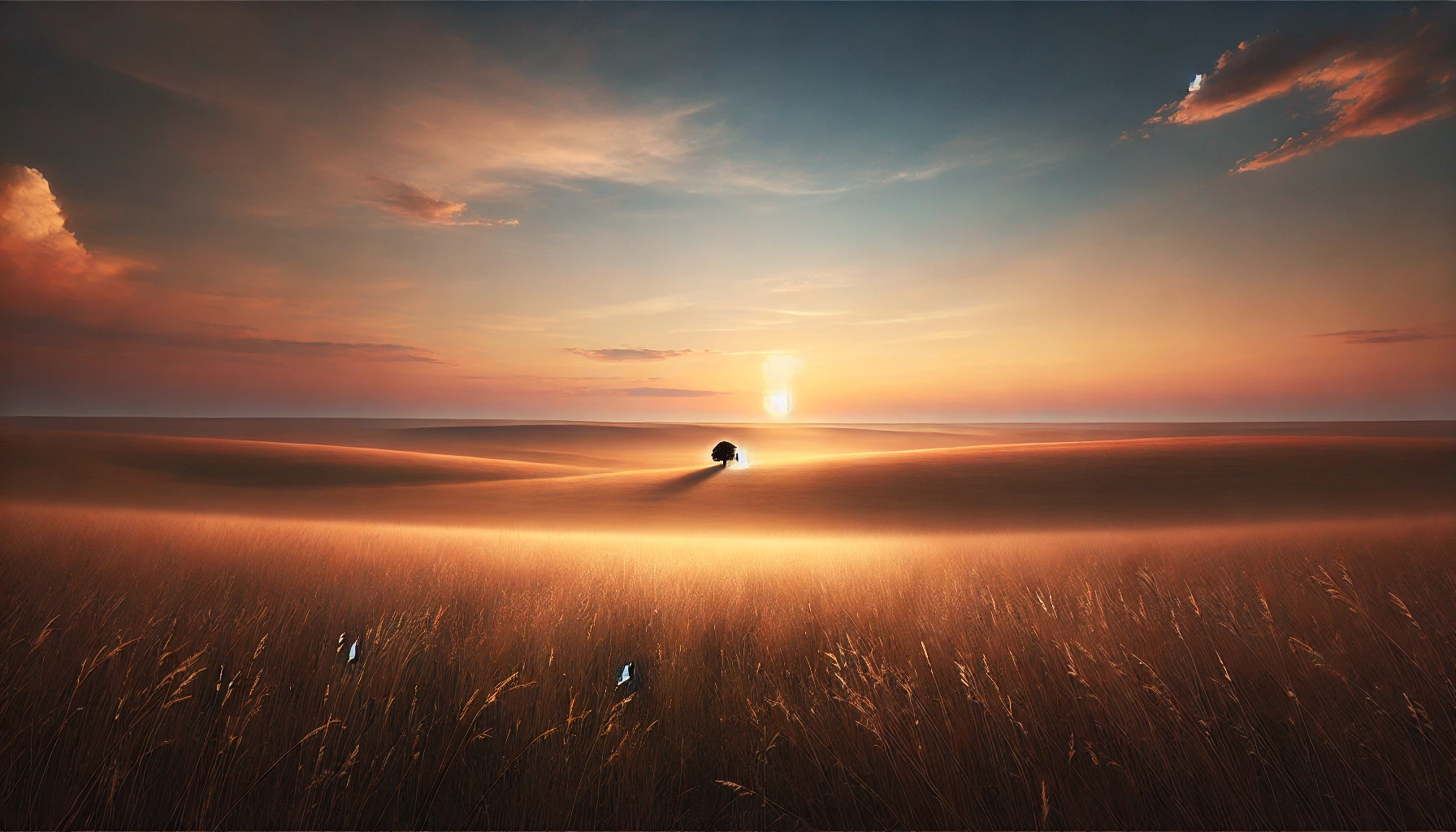Boredom, that familiar yet often uncomfortable feeling, tends to get a bad reputation. We’ve all experienced it—those moments where nothing seems to capture our interest, and we’re left feeling stuck, unsure of what to do next. But what if boredom wasn’t something to escape from, but instead, a quiet signal urging us toward something new? Just as hunger tells us when it’s time to eat, boredom is a message, whispering, “It’s time to move on, to explore, to engage with something fresh.”
The difference, however, lies in the clarity of these signals. Hunger is direct and primal; it says, “Eat,” and we know exactly what to do. But boredom, unlike hunger, doesn’t tell you what to move toward—it simply creates the space for movement. This open-endedness can feel frustrating, but it also holds immense potential.
Why Doesn’t Boredom Point You to the Next Thing, Like Hunger Does?
To understand this, think about the nature of hunger versus boredom. Hunger is a biological need, a clear-cut survival mechanism that keeps us alive. The body knows what it needs to function, and it sends a straightforward message: “Find food.” Boredom, on the other hand, is more abstract. It’s not tied to survival in the same way hunger is; it’s more connected to the mind and our need for stimulation, growth, and discovery.
Boredom doesn’t provide a ready-made answer because it’s not about fulfilling a basic need—it’s about expanding your experience, discovering something new, and engaging with your surroundings or your inner world in a more meaningful way. In that sense, boredom is more like a blank canvas than a direct signal. It leaves it up to you to decide what to paint on that canvas, what to fill the empty space with.
If boredom handed you a direct solution, like hunger does, it would limit your possibilities. Instead, it opens the door to endless choices, asking you to look inward and decide what’s meaningful to you at that moment. It’s an invitation to reflect, to explore, to create.
Boredom as a Signal for Growth
When you feel bored, it’s not a sign that something’s wrong—it’s a signal that your mind is ready for something new. It’s saying that your current activity isn’t enough to engage your curiosity or challenge your creativity. But unlike hunger, which pushes you toward a specific solution, boredom leaves the choice in your hands.
This might seem frustrating, but it’s actually a strength. The lack of direction is an opportunity. Boredom can prompt you to explore uncharted areas of your interests, discover new activities, or simply pause and reflect. It’s a catalyst for self-discovery, asking, “What do you truly want to engage with right now?”
Instead of viewing boredom as an obstacle, try seeing it as a tool for growth. When you feel bored, it’s an invitation to:
- Try something new that piques your curiosity.
- Explore a creative outlet, whether that’s writing, drawing, building, or learning.
- Engage in quiet reflection or mindfulness, allowing space for deeper insights to emerge.
Boredom is the mind’s way of saying, “There’s room for more here.” It’s a signal that you’re ready to stretch beyond your current activity or routine.
How to Use Boredom as a Guide
When you experience boredom, instead of rushing to fill it with distractions, take a moment to pause and reflect. Ask yourself:
- What am I curious about right now? Curiosity is often the first step out of boredom and into something fulfilling.
- What do I feel like I’m missing? Sometimes boredom signals an underlying desire for connection, creativity, or challenge.
- What have I been putting off that might actually be exciting? Boredom can highlight areas of your life that need attention or that you’ve been neglecting.
By approaching boredom with curiosity instead of frustration, you can uncover new paths of growth and engagement. It’s not about forcing the feeling to go away but rather using it as a springboard into something more meaningful.
The Power of Embracing Stillness
There’s another layer to boredom—sometimes, it’s not asking you to do something new, but to simply be with it. In a world full of constant stimulation and activity, we’ve grown uncomfortable with stillness. Boredom is often just the surface feeling of that discomfort, but if you sit with it, without rushing to escape, you may discover something deeper.
When you allow yourself to embrace the stillness that boredom offers, it can lead to unexpected clarity. It’s like sitting by a quiet lake—the surface may seem dull at first, but the longer you watch, the more you see the subtle ripples, the quiet reflection of the sky, the beauty in the calm.
This space between action can lead to insights, creative breakthroughs, and a deeper understanding of what you actually want or need in that moment. So, the next time boredom strikes, don’t immediately reach for the next distraction. Try to see it as an opportunity to pause, to reflect, and to listen to what’s beneath the surface.
Conclusion: Boredom as a Gateway
Boredom is not an empty void, but rather a signal, a gentle nudge from your mind that it’s time to explore something new—whether that’s an outward action or an inward reflection. It’s an opportunity, not a problem to be solved.
By seeing boredom in this light, you can transform it from a source of discomfort into a gateway for creativity, growth, and self-discovery. It’s your mind’s way of inviting you to move forward, but how you respond to that invitation is entirely up to you.
Whether you choose to create, reflect, or simply embrace the stillness, boredom is your blank canvas—an open field waiting for you to decide what to do next.



